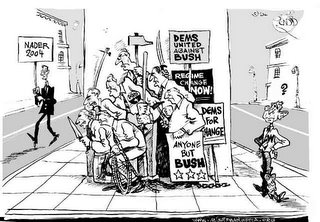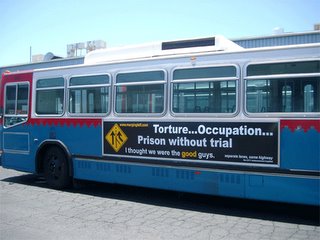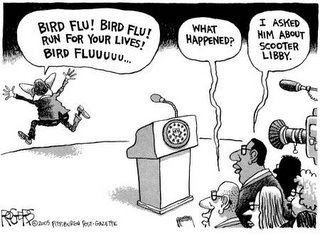"We are already a narco-state," says Mohammad Nader Nadery at the Afghan Independent Human Rights Commission, which has studied the growing impunity of former military commanders and drug dealers who now work within the Afghan government. "If the governors in many parts of the country are involved in the drug trade, if a minister is directly or indirectly getting benefits from drug trade, and if a chief of police gets money from drug traffickers, then how else do you define a narco-state?"
"Whatever number of police cars there are in Kabul, I can tell you that more than 50 percent of them are carrying drugs inside from one place to another," says a senior police commander in Kabul, requesting anonymity for his own safety. "The problem is that Afghanistan is training police to stop drug smugglers, and when they go out into the field, their police commander tells them how to protect the drug smugglers."
Ikramuddin says that many of these policemen and commanders are former warlords who have disarmed and reintegrated into government jobs, and are now using their position to facilitate the drug trade and get rich.
Among those corrupt commanders, he says, is Inayatullah, the police chief from Yawan, a district in the former governor's province. "Commander Inayatullah is a smuggler, I know him well," Ikramuddin says. "There is a competition among smugglers, that is why Inayatullah arrested Safiullah and the others. It's not to do his job honestly, but just to weaken a competitor."
Ikramuddin says that many of these policemen and commanders are former warlords who have disarmed and reintegrated into government jobs, and are now using their position to facilitate the drug trade and get rich.
Among those corrupt commanders, he says, is Inayatullah, the police chief from Yawan, a district in the former governor's province. "Commander Inayatullah is a smuggler, I know him well," Ikramuddin says. "There is a competition among smugglers, that is why Inayatullah arrested Safiullah and the others. It's not to do his job honestly, but just to weaken a competitor."
"Except for the minister of the interior himself, Mr. Ali Jalali, all the lower people from the heads of department down are involved in supporting drug smuggling," says Ikramuddin, who now serves as Afghanistan's minister of labor.
Ikramuddin says that many of these policemen and commanders are former warlords who have disarmed and reintegrated into government jobs, and are now using their position to facilitate the drug trade and get rich.
Among those corrupt commanders, he says, is Inayatullah, the police chief from Yawan, a district in the former governor's province. "Commander Inayatullah is a smuggler, I know him well," Ikramuddin says. "There is a competition among smugglers, that is why Inayatullah arrested Safiullah and the others. It's not to do his job honestly, but just to weaken a competitor."
The police chief who replaced Inayatullah is involved in the drug trade, according to several interior ministry officials. Kabul officials have ordered that he be removed from the position but say he is being protected by provincial police authorities. One senior Interior Ministry official says that the new chief paid a $60,000 bribe to get the job.
Excerpts from
Afghanistan Riddled with Drug Ties By Scott Baldauf and Faye Bowers | Staff writers of The Christian Science Monitor


























